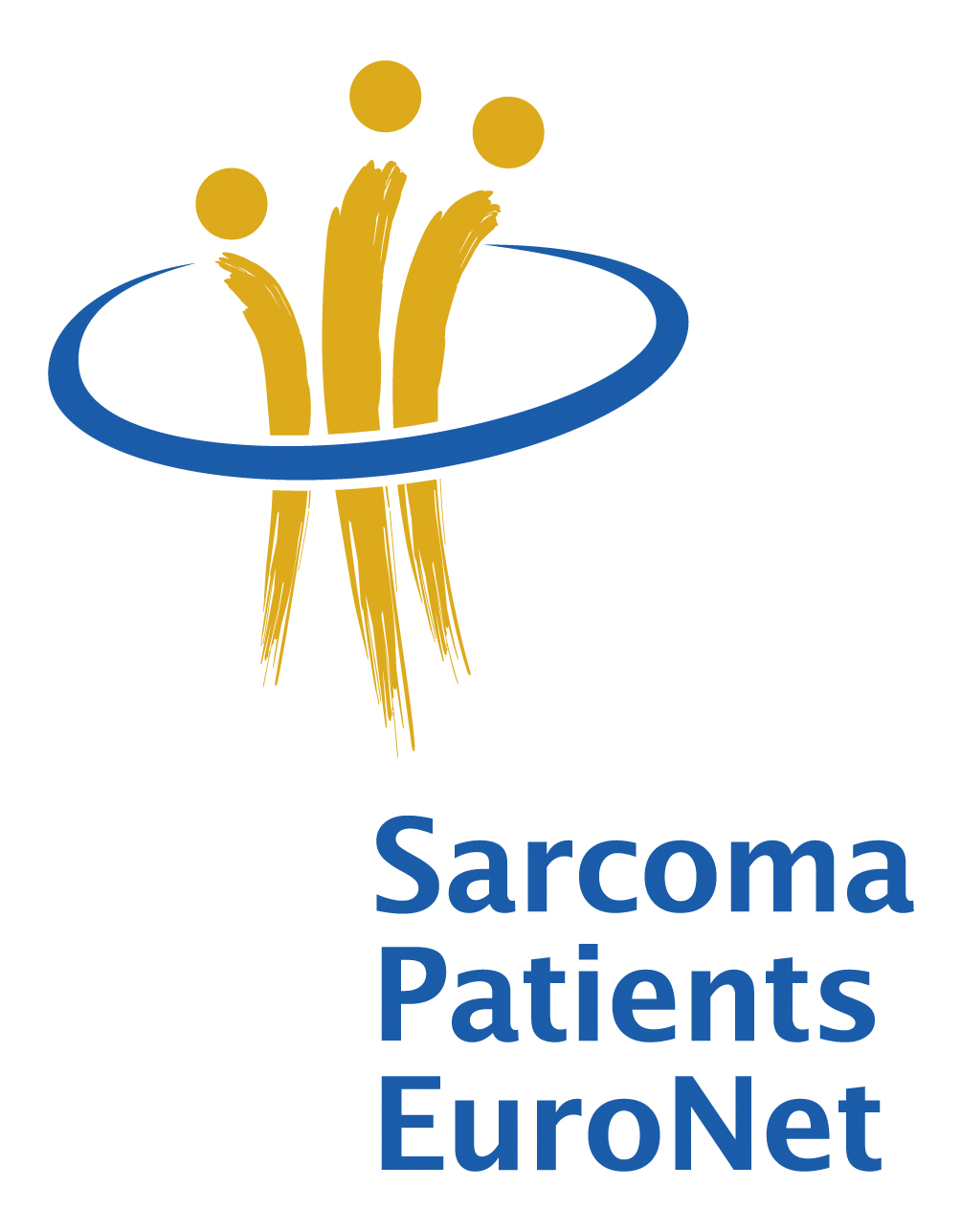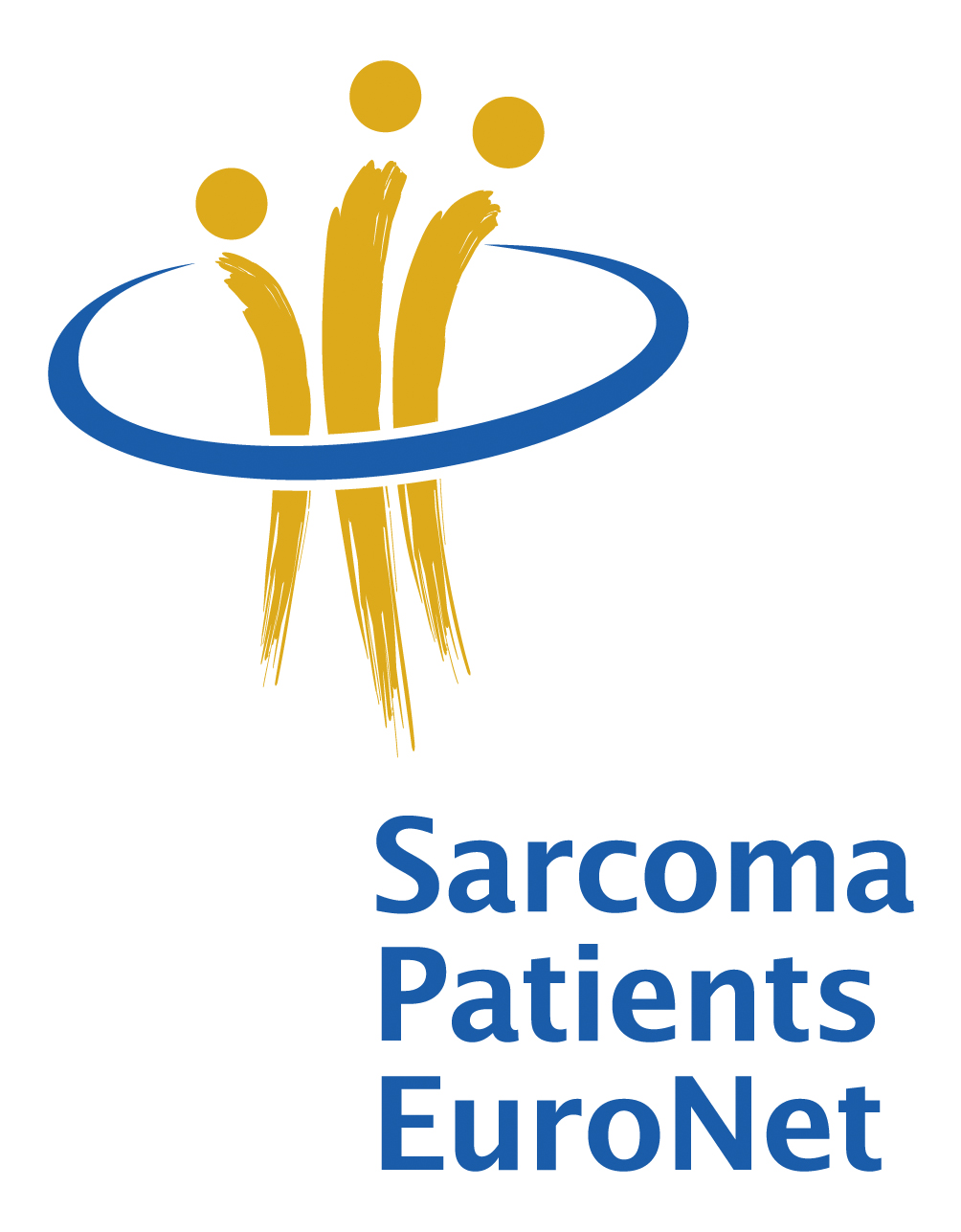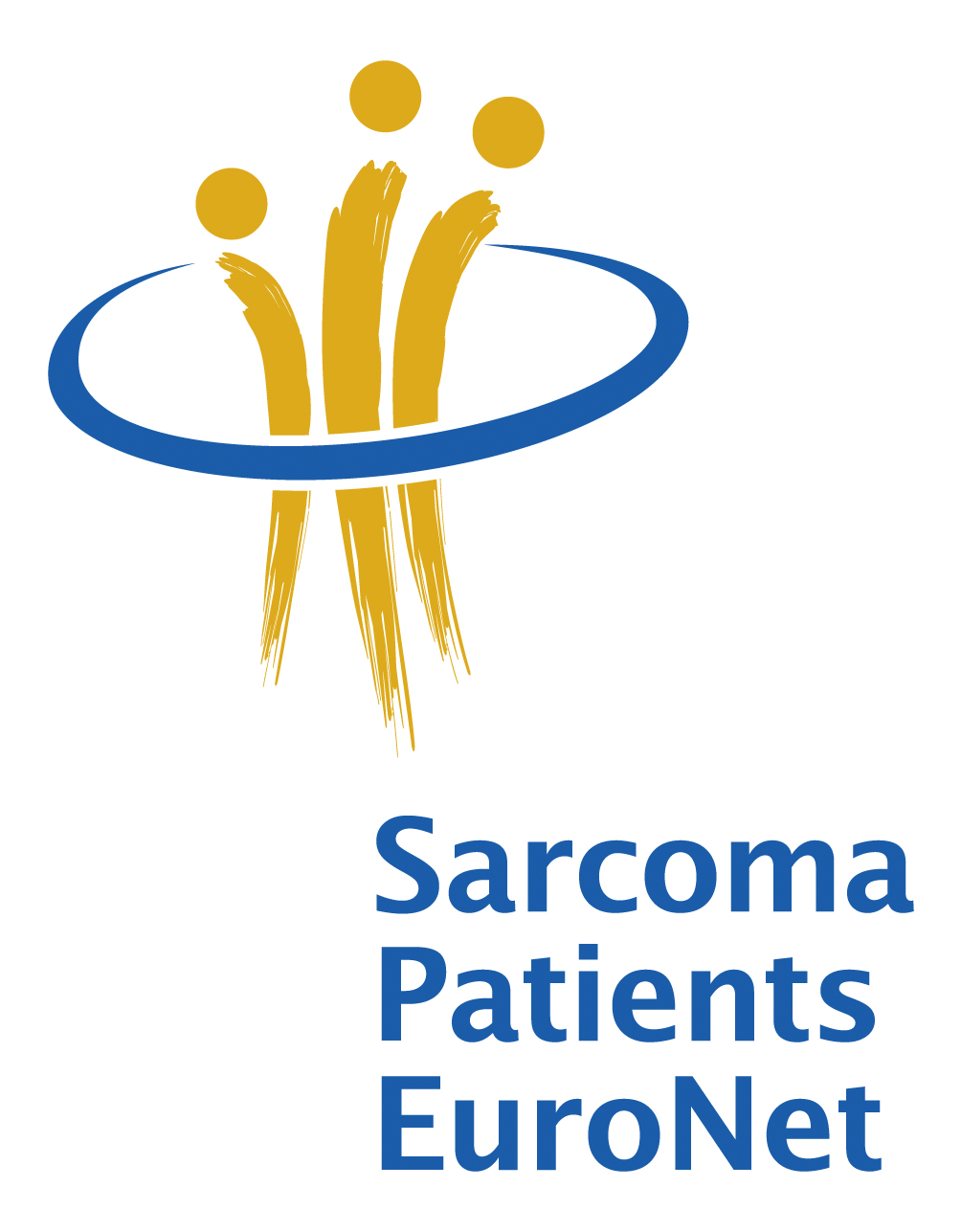Contact Information
Chordoma Foundation
PO Box 2127
Durham, NC 27702-2127
USA
Phone: +1 919-809-6779
Email: This email address is being protected from spambots. You need JavaScript enabled to view it.
Web: http://www.chordoma.org/
Contact Person
Shannon Lozinsky
Director Patient Services
E-Mail: This email address is being protected from spambots. You need JavaScript enabled to view it.
Organisation Profile
Chordoma is a rare cancer that grows in the bones of the skull and spine. It can affect people of all ages and is diagnosed in just one in one million people per year. Chordomas are complicated tumors to treat properly and often regrow after treatment. Currently, there are no drugs approved to treat chordoma.
At the Chordoma Foundation, we help patients and families dealing with chordoma take on their disease armed with information from the world's leading medical experts as well as support from a community of peers. At the same time, we help doctors, researchers, and companies work together to accelerate the development of better treatments for the disease.
Started in 2007, the Chordoma Foundation is a nonprofit organization created by patients and families to be an agent of change on behalf of the chordoma community. We envision a future in which everyone affected by chordoma is able to overcome their disease and maintain their quality of life. To realize this vision, we invest in three essential and mutually-reinforcing program areas: Research to find better treatments, Healthcare Improvement to drive better patient care, and Patient Services to help patients overcome barriers and get the best care possible.
Driven by a very personal sense of urgency, we are determined not just to create better outcomes for those who face chordoma in the future, but to improve the lives of those dealing with it today. The slow, incremental progress typical for rare diseases is fundamentally unacceptable to us. Instead, we were founded on the belief that our small community can make an outsized impact if we redefine the role that a patient organization plays.





